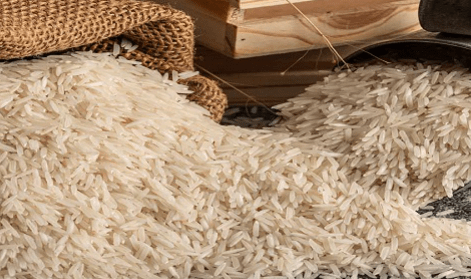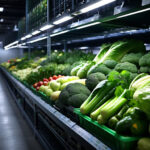Malaysia is set to submit a request to India for an additional 500,000 metric tonnes of white rice, according to the country’s Agriculture Minister Mohamad Sabu. This request comes on top of the 170,000 tonnes of white rice that India has previously allocated to Malaysia for the current year.
Background on India’s White Rice Export Restrictions
India, the world’s largest rice exporter, had imposed restrictions on shipments to curb inflation and ensure domestic food security. These restrictions have led to challenges for countries like Malaysia, which rely heavily on imports to meet their domestic rice demand.
Malaysia’s Dependence on Rice Imports
According to Bernas, the state-run rice importer, Malaysia’s annual rice consumption stands at 2.5 million metric tonnes, with an average imported supply of 750,000 tonnes. As a major rice importer, Malaysia relies heavily on supplies from countries like India to meet its domestic demand for the staple grain.

Conclusion
The request by Malaysia for additional rice from India underscores the importance of international cooperation in ensuring food security. As countries continue to grapple with the challenges posed by global disruptions, it is crucial for nations to work together to ensure a stable and reliable supply of food for their populations.
Click Here For Exports related News Articles
FAQs
- Why does Malaysia rely on rice imports?
- Malaysia’s domestic rice production is not sufficient to meet its consumption needs, leading to a reliance on imports to bridge the gap.
- How will Malaysia’s request for additional rice impact India’s export restrictions?
- Malaysia’s request for additional rice may put further strain on India’s export restrictions, which were implemented to curb inflation and ensure domestic food security.
- Are there any alternatives to rice imports for Malaysia?
- Malaysia could explore diversifying its sources of rice imports or investing in technologies to increase domestic rice production.
- What other challenges does Malaysia face in securing food supply?
- Malaysia faces challenges such as climate change, which can impact rice production, as well as logistical challenges in importing food.
- How can Malaysia improve food security in the long term?
- Malaysia could invest in agricultural technologies and practices to increase domestic food production and reduce reliance on imports.










